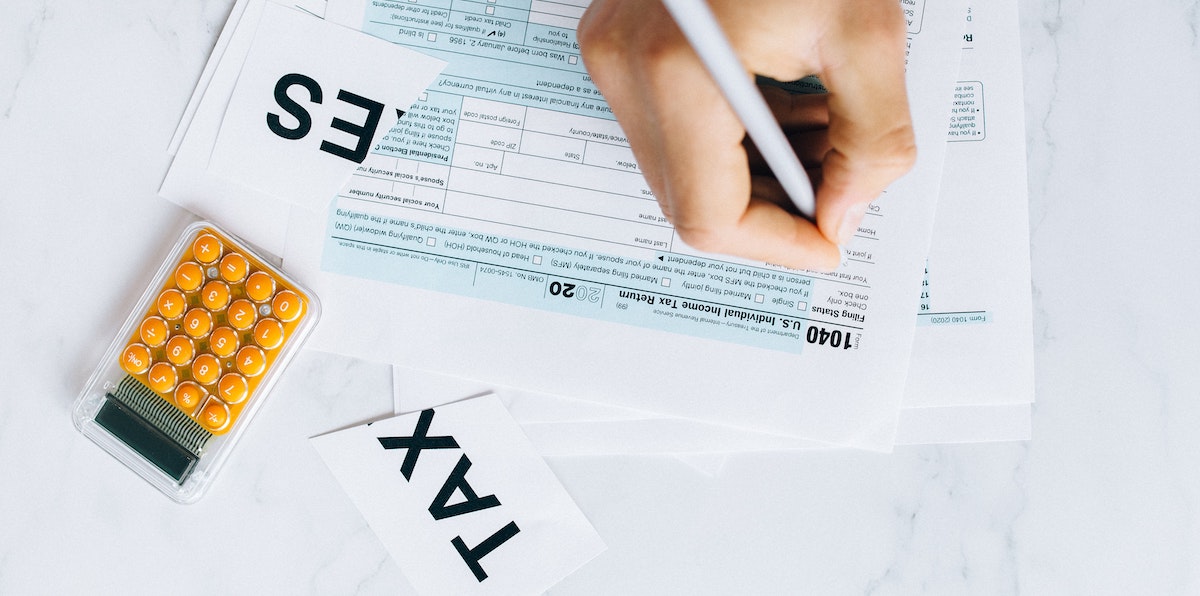Property Management
Should Landlords Start Accepting Bitcoin?
Last Updated Feb 1, 2021


Should landlords start accepting Bitcoin? It’s a tempting question. Here are some important answers.
Bitcoin. Cryptocurrency. Digital dollars. The blockchain. Even those who are totally immersed in managing their rental properties must be aware that this new digital payment model has taken the world by storm. You can purchase cars with it, and watches with it – but that’s just the start.
Here’s a link to some surprising items you can buy with Bitcoin, which range from furniture to socks to pizza.
So if you’re a landlord, the thought may logically have crossed your mind: “Should I be accepting bitcoin or other forms of digital currency?” Let’s start this discussion by looking at what some of the big dogs are doing, as a signal.
Last year, Rick Caruso – who is a billionaire real estate investor – announced that his company would “begin accepting bitcoin as rent payment at its residential and retail properties.” Notably, Caruso’s firm had invested some of its own money in bitcoin, and was partnering with Gemini, a cryptocurrency exchange co-founded by Tyler Winklevoss. (The Winklevoss twins are huge proponents of bitcoin and have “amassed a $6B fortune.”)
The Caruso announcement got a lot of buzz, but not many giant landlords followed. There’s a reason. Keep in mind, as you consider this step, that bitcoin fluctuates wildly in value, as do other digital currencies like Ethereum and Dogecoin. Last November, a single bitcoin was worth roughly $66,000; as we write this piece it has plunged to $43,000.
Clearly, as a landlord you can’t afford that kind of volatility. It would be devastating, because it’s likely you work on a thin margin. Note that in the Caruso announcement, it’s apparent that he already owns a boatload of bitcoin; if you are a landlord in a similar position, then you probably have a separate set of circumstances – and have a different level of sophistication. We are writing this piece for the digital currency landlord.
You own a home.
We have someone to ❤️ it.
Let’s say that the rent you collect is $2,500 a month. If you get paid in bitcoin, by the time it converts into dollars it may be worth $2,300 or $2,700. Do you really want to turn your rental property into a casino?
Also, there is some payment infrastructure you’ll need; while Coinbase and other virtual wallets do make it easier to accept digital currency – and to withdraw it – there’s still a learning curve. We do need to point out, though, that the Coinbase website notes that 73 million people and businesses “trust them to buy, sell and manage” crypto. So clearly this is moving from into the mainstream. But it’s mainly as an investment class, not a form of payment.
Another option – and a way to offset the volatility – is to accept rent in the form of stablecoins. Stablecoins are what their name suggests; Coinbase offers them, too, and note that because they are pegged to a “reserve asset” like the U.S. dollar (or even gold) they fluctuate far less and are “A form of digital money that is better suited to everything from day-to-day commerce to making transfers between exchanges.”
There are other pros and cons involved in accepting digital currency as a landlord – this piece lays them out well – and they include the anonymity they provide tenants, which might not be appealing to you. Plus there are tax implications. As the article from GeekEstateBlog notes, “Paying taxes as a landlord and understanding the related filing obligations is already a stressful process. Throwing cryptocurrencies into the mix won’t make tax season any easier on landlords.”
So net-net, it’s early days. There’s a new app that theoretically enables paying rent with crypto, but the fact that it shows up in a blog called “Futurism” tells you it’s likely not ready for prime time.
Soon enough, though, it will likely be commonplace; A recent study from Piplsay found that “49% of millennials polled own cryptocurrency compared to 38% of Gen Xers and 13% of Gen Z,” and millennials are more likely to use crypto for payments, with 53% saying they are “very likely” to purchase products or services with crypto. That trend will only get stronger as more and more zoomers enter the marketplace.
As a landlord that owns one property – or just a handful – it’s tempting to consider accepting digital currency; it does help you stand out and brand yourself as innovative, which is no doubt one of the reasons that Rick Caruso and a few other giant landlords have taken the plunge.
But waiting seems to be the prudent option. One thing you don’t have to wait for, though, is other ways to bring your property into the digital world. That includes choosing a property management company that brings a new level of digital sophistication to what has been an industry lagging in innovation.
Belong has built end-to-end digital experiences that move the requirements of property management onto a digital platform – everything from booking appointments to managing renovations to collecting rent to communication with your 24/7 concierge.
So if you’re looking to signal to your tenants that you are a modern, forward-looking landlord, you don’t need to go all the way to bitcoin. Yet.
For more information about how to bring your property into the digital age, make an appointment with Belong here.

About The Author
Adam Hanft
Editor in Chief
Adam is a futurist - co-author of "Dictionary of the Future" - brand strategist, public-company board member, former comedy-writer (but he hasn't stopped being vaguely amusing), and an investor in Belong.




